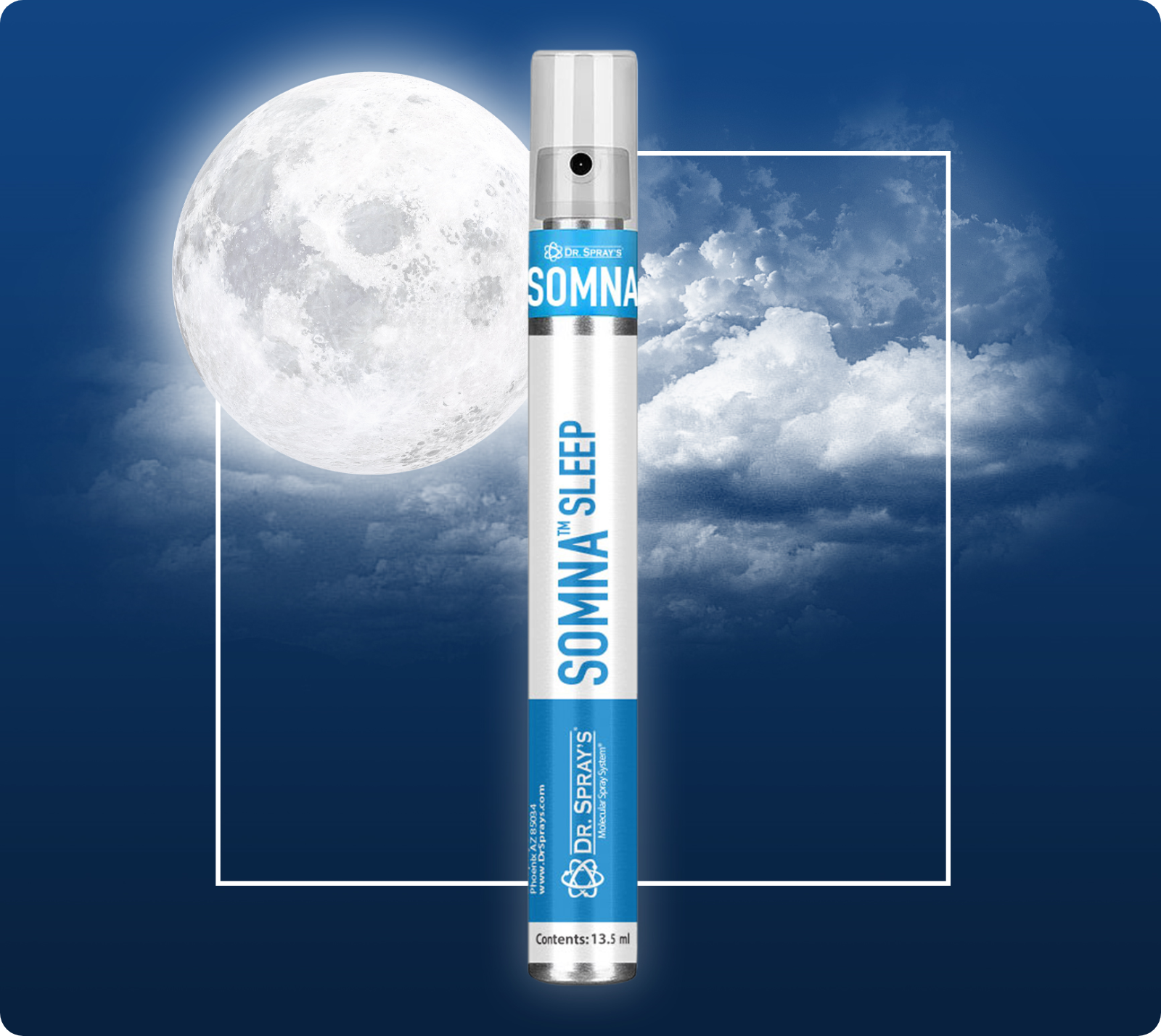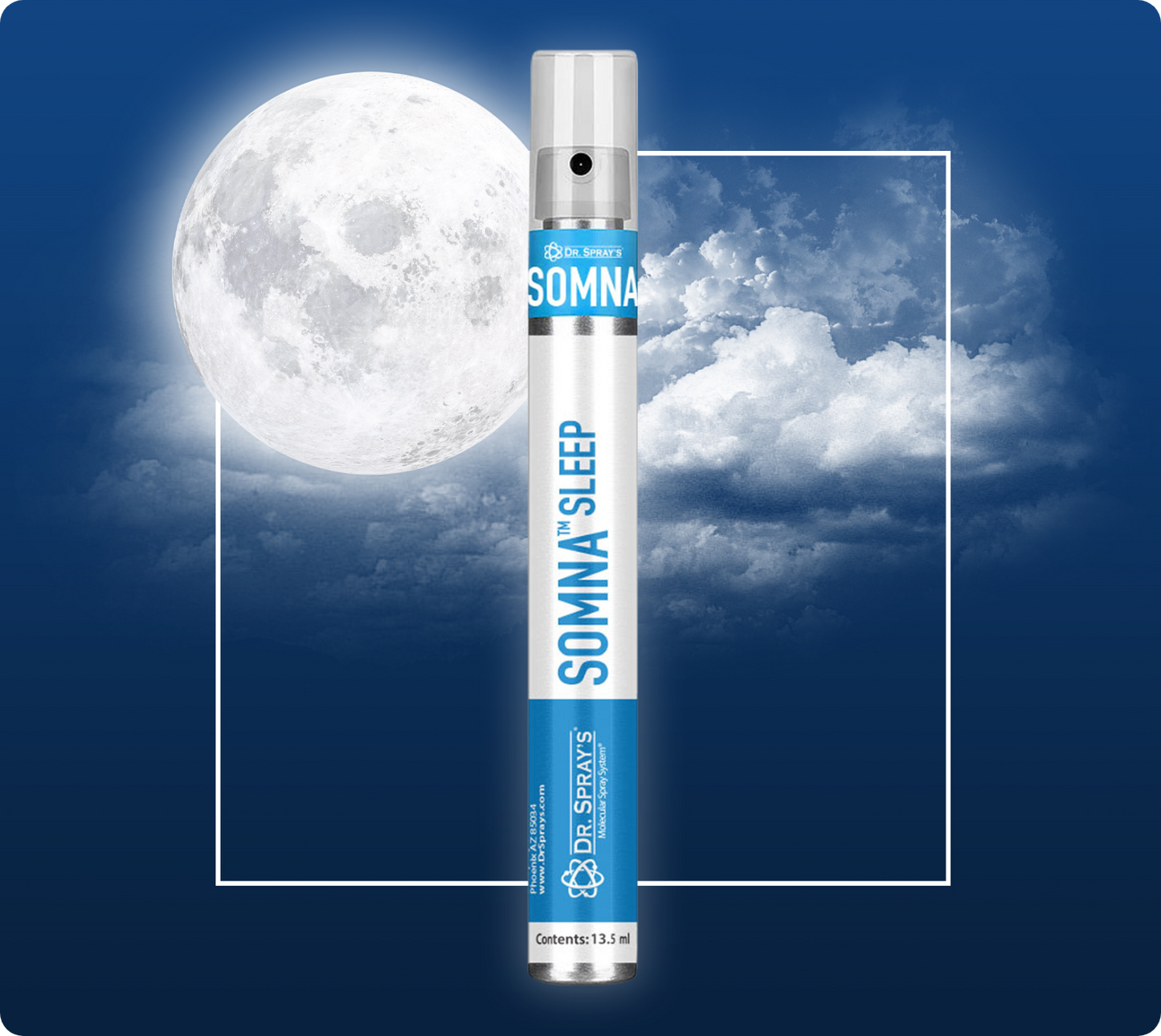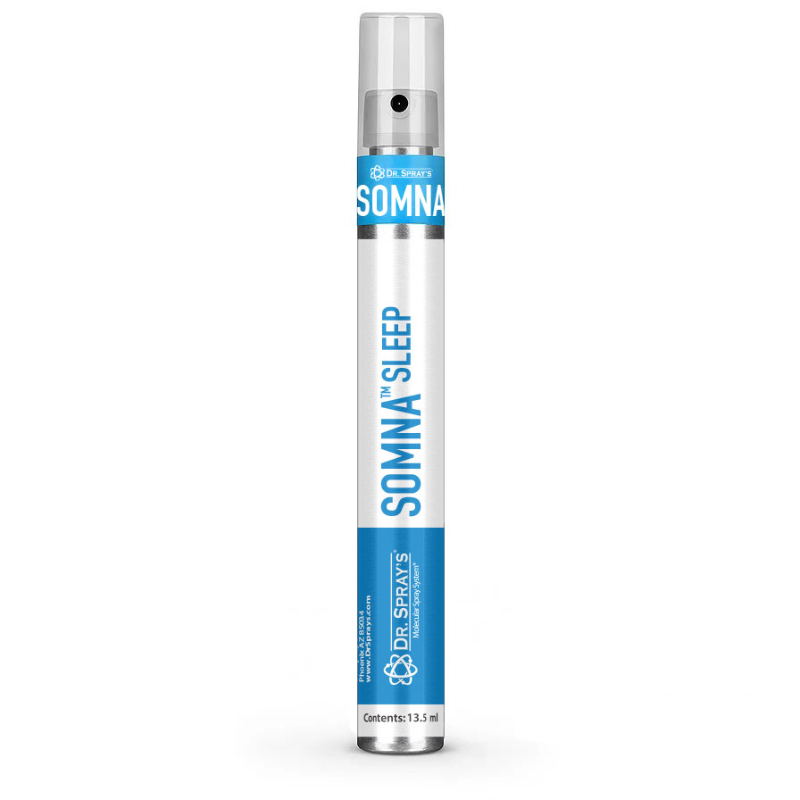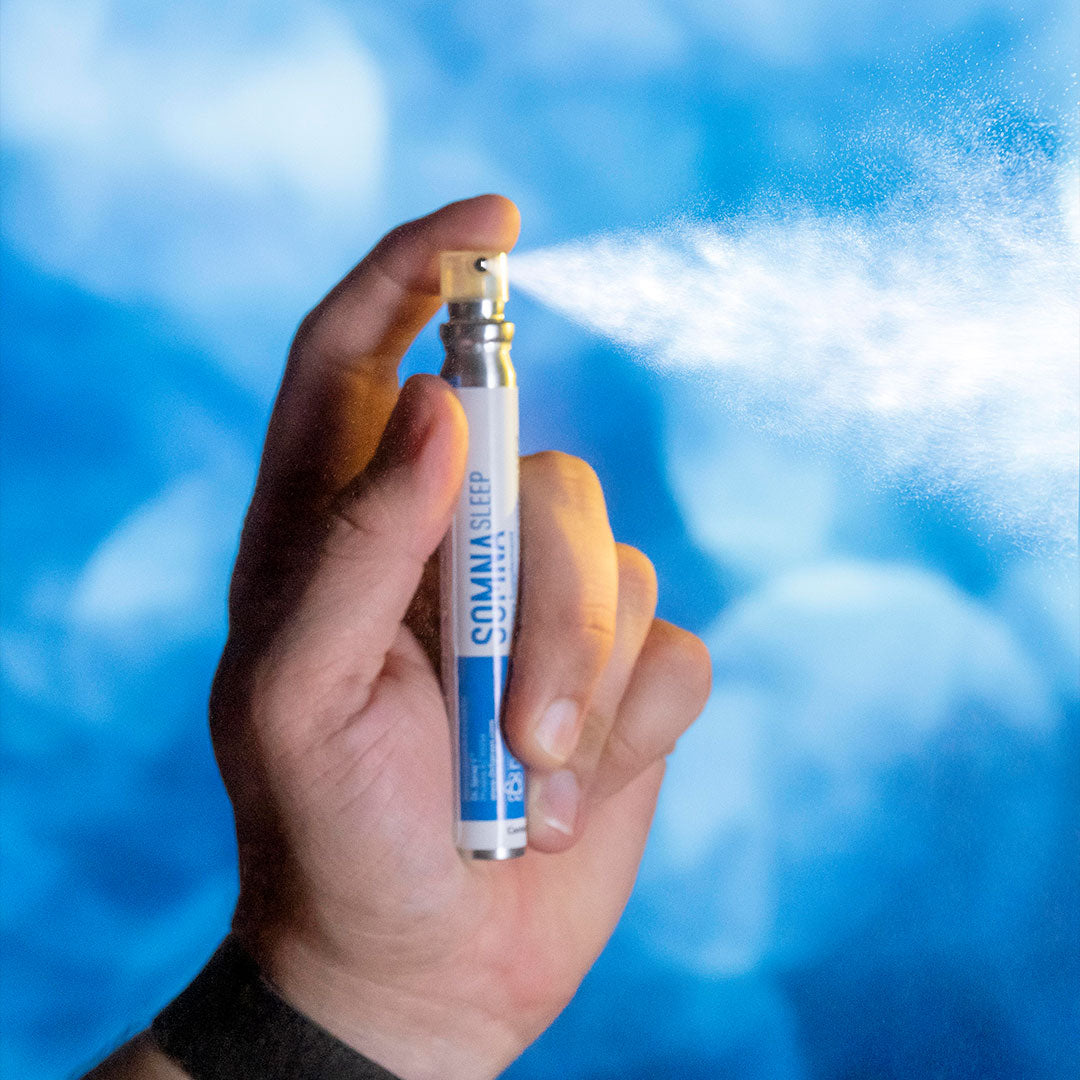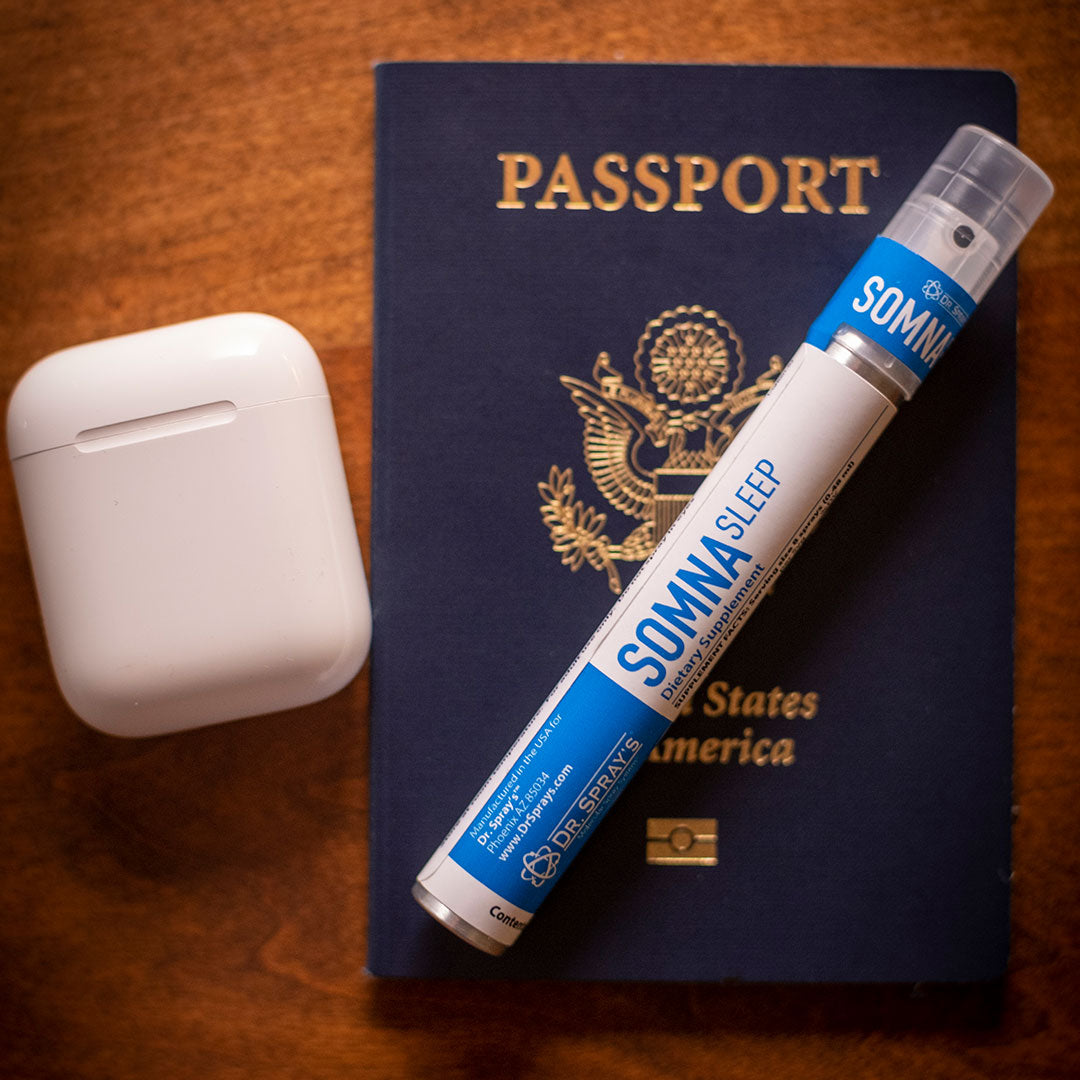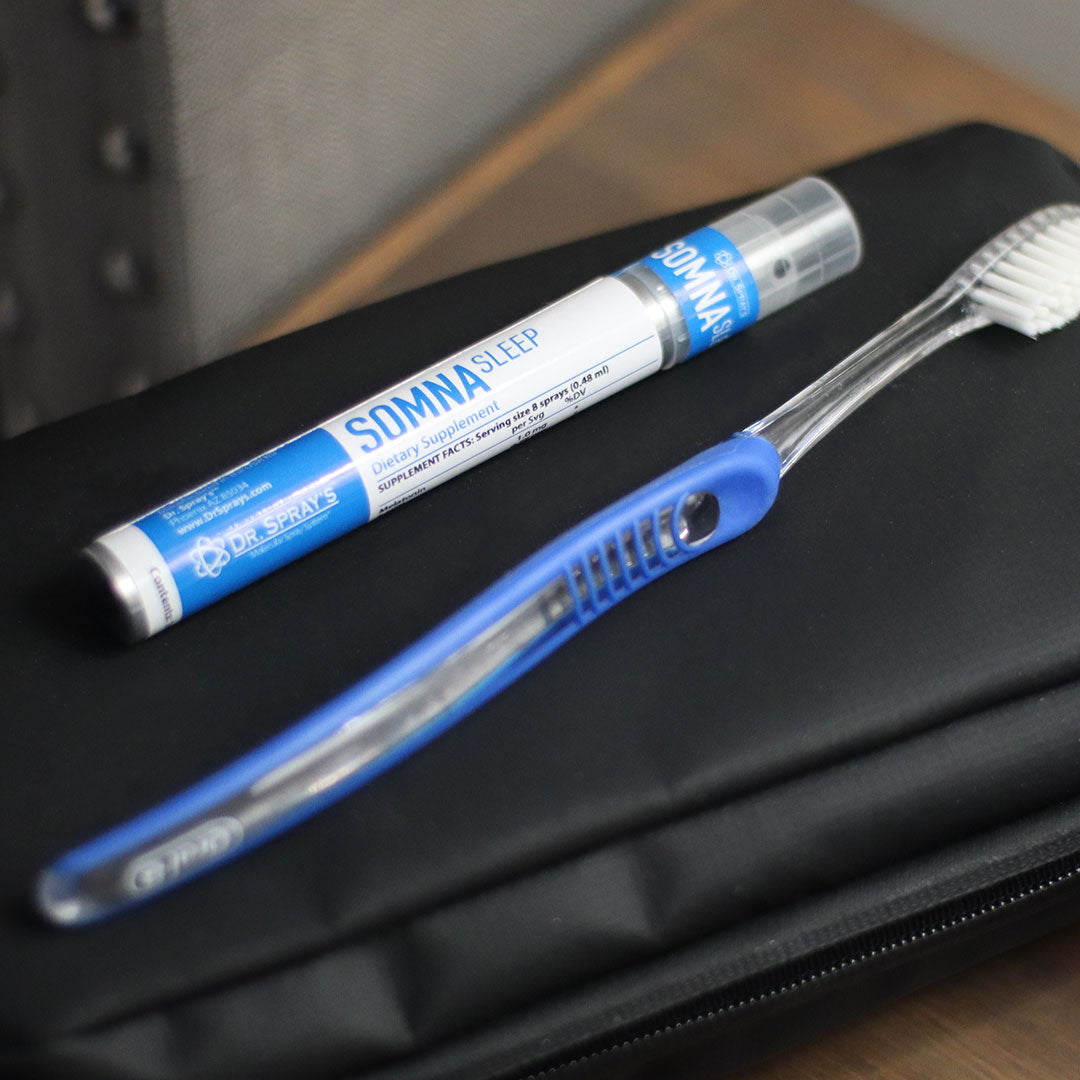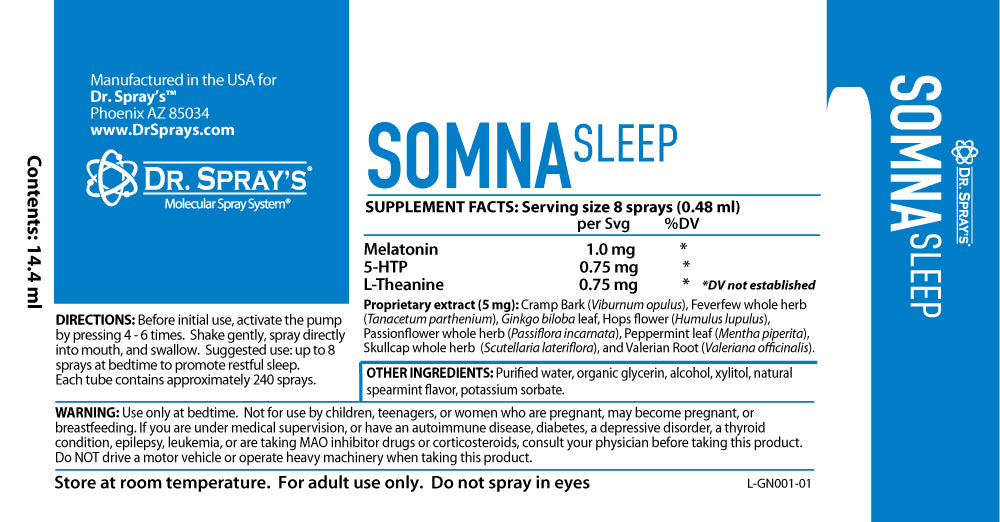There are many over-the-counter sleep aids available, but which one is best? It depends on your individual needs. Some people need a sleep aid that is strong and fast-acting, while others need a sleep aid that is gentle and long-lasting. Here are some things to consider when choosing an over-the-counter sleep aid:
What is your sleep problem?
Do you have difficulty falling asleep? Do you wake up frequently during the night? Do you feel groggy in the morning? Answering these questions can help you choose the right sleep aid.
How long do you need the sleep aid to work?
Some sleep aids work for just a few hours, while others work for 8 hours or more. If you have trouble falling asleep, you may want a sleep aid that starts working quickly. If you wake up frequently during the night, you may want a sleep aid that lasts all night.
How strong do you need the sleep aid to be?
If you're one of the millions of Americans who have trouble sleeping, you may be considering taking an over the counter (OTC) sleep aid.
There are many different OTC sleep aids on the market, and it can be difficult to know which one is right for you. It's important to speak with your doctor before taking any sleep aids, as they can interact with other medications you may be taking and cause serious side effects.
With that said, let's take a look at some of the best OTC sleep aids available:
1. Melatonin
Melatonin is a hormone that your body naturally produces to help regulate your sleep cycle. You can also find it in supplements form at most drugstores.
Research has shown that melatonin can help people fall asleep faster and improve sleep quality. It's generally considered safe for most people to take, but it can cause some side effects like headaches and dizziness.
2. Chamomile
Chamomile is a popular herbal tea that has long been used as a natural sleep aid. Chamomile contains compounds that can promote relaxation and help you sleep better.
Chamomile is generally considered safe to drink, but it can cause stomach upset in some people. If you're pregnant or breastfeeding, you should avoid drinking chamomile tea.
3. Valerian Root
Valerian root is another popular herbal remedy for insomnia and other sleep disorders. It's thought to work by promoting relaxation and improving sleep quality.
Valerian root is generally considered safe, but it can cause some side effects like headaches and heart palpitations. If you're pregnant or breastfeeding, you should avoid taking valerian root supplements.
[Blog article] :


